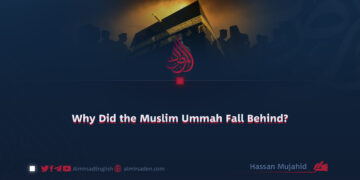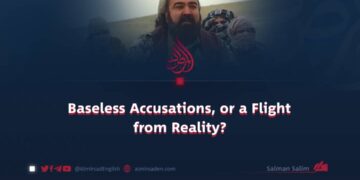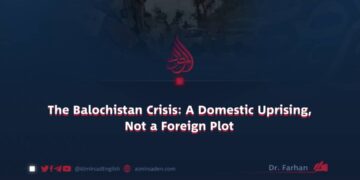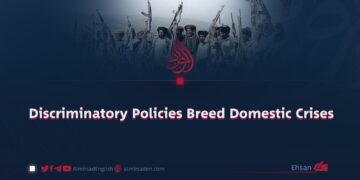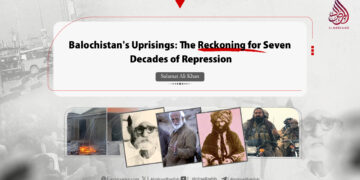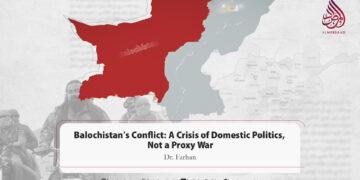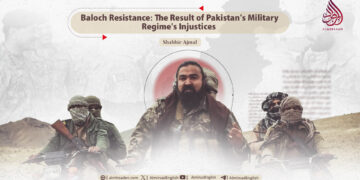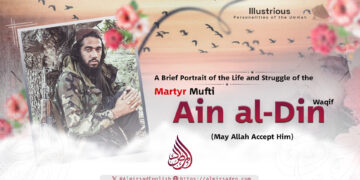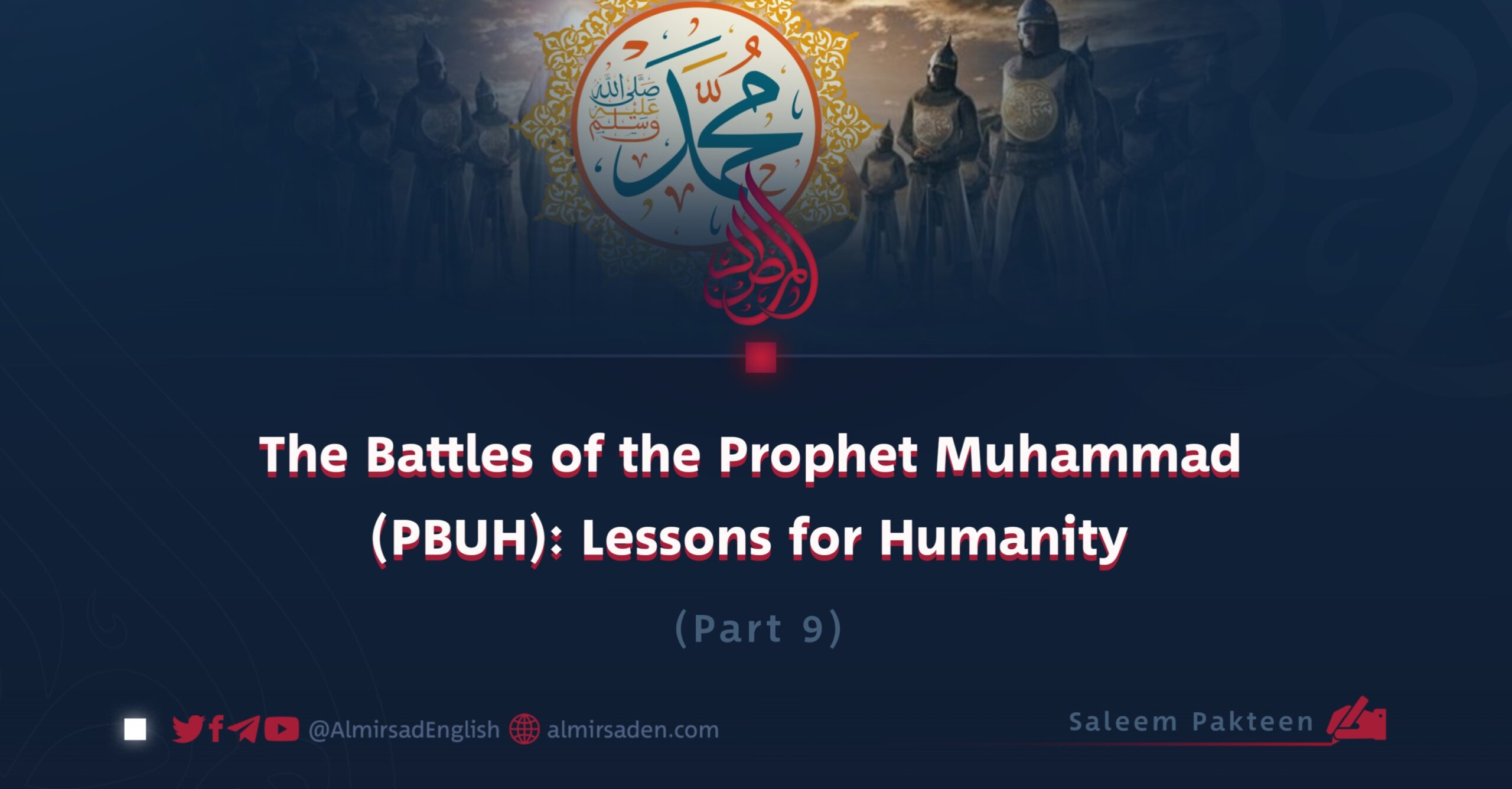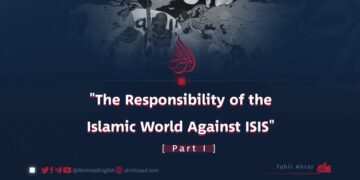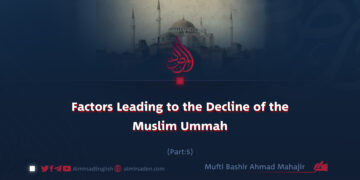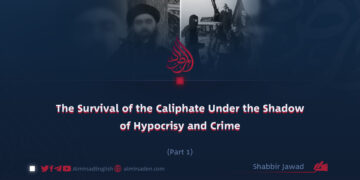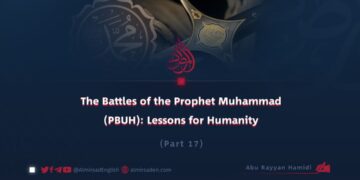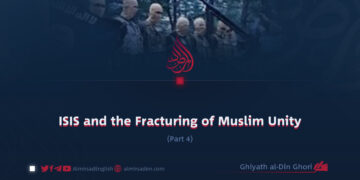Part 9
Author: Abu Rayyan Hamidi
Establishment of the Command Center
When the Muslim army had settled in position, Sa’d ibn Mu’adh (RA) approached the Prophet Muhammad (peace be upon him) with a strategic suggestion. He said:
“O Messenger of Allah, let us construct a shelter for you from which you may direct the battle and manage any unforeseen developments. If Allah grants us victory, then that is our objective. But if defeat befalls us, then a riding animal will be ready for you here, so you may retreat safely and join those behind us—people who love you even more than we do. Had they known that battle was imminent, they would not have stayed behind; surely, they would have come to your aid.”
The Prophet (PBUH) praised Sa’d for his insight and made du’a for him. Accordingly, a command post was constructed on an elevated position on the northeastern edge of the battlefield. A contingent of the Ansar, led by Sa’d ibn Mu’adh (RA), was assigned to guard this command center.
Ali ibn Abi Talib (RA) narrates that on the night preceding the Battle of Badr, the entire army slept—except the Messenger of Allah (PBUH), who stood in prayer, raising his hands in supplication, weeping, and beseeching Allah for victory. (Al-Tabarani)
Anas ibn Malik (RA) also narrates from Umar ibn al-Khattab (RA) that the Prophet (PBUH) descended into the plain of Badr that night and indicated the precise spots where each of the Qurayshi leaders would fall. Umar said, “By Allah, not one of them died except in the very location the Messenger of Allah had pointed out.” (Muslim)
The Morning of the Battle
At dawn on the 17th of Ramadan, the Prophet (peace be upon him) called out: “As-salāh, O servants of Allah!” He then stood by the trunk of a tree, and the entire army assembled behind him to perform the Fajr (dawn) prayer.
Following the prayer, the Qurayshi army advanced toward the plains of Badr, and the Muslim forces moved to confront them. As the Prophet (peace be upon him) observed the overwhelming size and might of the disbelievers’ army, he supplicated:
“اللهم هذه قریش قد أقبلت بخیلائها و فخرها تحادک، و تکذب رسولک، اللهم فنصرک الذي وعدتني، اللهم احنهم الغداة ”
“O Allah! Here come the Quraysh in their arrogance and pride, opposing You and rejecting Your Messenger. O Allah! Fulfill the promise You have made to me. O Allah! Defeat them this morning!”
He then organized his forces into disciplined rows, mirroring the formation of prayer. The front line consisted of spearmen to repel cavalry, followed by ranks of archers and swordsmen. The battlefield was marked by three banners—one carried by Ali ibn Abi Talib, another by Mus‘ab ibn ‘Umayr, and the third by an Ansari companion.
The Prophet (PBUH) instructed his companions:
“When the enemy approaches, launch your arrows at them. Do not draw your swords until they have breached your lines. Use your arrows wisely—do not waste them unnecessarily.”
These were not ordinary battlefield instructions; rather, each command reflected deep strategic wisdom and deliberate planning. This tactical precision contributed greatly to the victory of the smaller, less-equipped Muslim army against a numerically superior foe.
Notably, the Prophet (PBUH) initially stood facing east, with the rising sun in front of him. Recognizing the tactical disadvantage, he ordered his forces to reposition so that they would have the sun at their backs—forcing the Quraysh to face its glare during the engagement.
He then delivered a powerful motivational address, reminding the believers of the lofty rewards awaiting them. He said:
“قوموا إلی جنة عرضها السموات والارض”
“Advance toward a Paradise as vast as the heavens and the earth.”
Inspired, ‘Umair ibn al-Humam (may Allah be pleased with him) exclaimed, “Bakh, bakh!”—an expression of amazement. The Prophet (PBUH) asked, “What prompts you to say that?” He replied, “O Messenger of Allah, I hope to be among its people.” The Prophet responded, “You are among them.”
‘Umair then took out a few dates from his pouch and began to eat. Reflecting on the opportunity for martyrdom, he said, “If I live long enough to finish eating these dates, it would be too long.” He threw them aside, fought valiantly, and was martyred.
As the Prophet (PBUH) aligned the ranks, he held an arrow in his hand to straighten the lines. One of the companions, Sawad ibn Ghaziyyah (may Allah be pleased with him), had stepped slightly forward. The Prophet gently tapped his stomach with the arrow and instructed him to align properly. Sawad responded, “O Messenger of Allah, you have caused me pain. I seek justice.”
The Prophet (PBUH) exposed his stomach and said, “Take your retaliation.” Sawad hugged him and kissed his stomach, saying, “O Messenger of Allah, you see the situation—I just wanted my skin to touch yours before the last time.” The Prophet (PBUH) then made a supplication for his well-being.






